ECONOMÍA: El laboratorio turco (y 3)

Cüneyd Zapsu cabalga a Erdoğan. Caricatura sobre el poder de algunos consejeros relacionados con la nueva clase empresarial "verde"
Andrés Mourenza remite, desde Estambul, el siguiente reportaje de la revista "Forbes" (edición en red) que utiliza la figura del magnate de los negocios Aziz Zapsu como eje central para desarrollar un interesante reportaje sobre el auge de los empresarios del nuevo "capital verde" turco, que ha terminado por cuajar en torno al AKP. Eso ha contribuido a darle al gobierno Erdoğan una de sus mayores bazas: la bonanza económica, quizás la mejor que ha vivido la República desde su fundación. Pero también arroja sombras sobre el poder que pueda estar acumulando esta nueva elite empresarial y financiera. Sin dejarse llevar por el insistente mantra de la "agenda oculta" del gobierno islamista moderado, vean el artículo como lo que es: una pieza más, una colección de datos para ir acumulando y evaluando cada cierto tiempo.

Aziz Zapsu, el hermano empresario, en la sombra
"Forbes" - International
Turkey's Double Edge
Richard C. Morais with Denet C. Tezel 02.11.08, 12:00 AM ET
An admirable economic revival in a pivotal nation is the ribbon around a bundle of troublesome contradictions.
Yasar Nevruz, a 28-year-old waiter, is shopping with his wife and daughters in the unfashionable Istanbul suburb of Guzelyali. The family walks past the traditional bakkals, corner shops, and bazaars that usually sell cigarettes and cooking oil on credit and make up 60% of the nation's retail market. The Nevruz family instead enters Evdi, a new discounter of household goods, where they longingly finger low-priced vacuum cleaners and toasters before buying a modest ashtray.
"We hardly ever use the bakkals anymore," says Nevruz, pointing at his preferred food store, BIM, an airy discounter modeled after Germany's Aldi chain. Meanwhile, a new clothing discounter across the street, Tedi, is filled with head-scarfed housewives clicking their tongues and chattering excitedly over $15 polyester skirts and $2 bottles of perfume. No credit, just rock-bottom prices.
The brain behind all the stores shaking up Guzelyali's shopping is 53-year-old Aziz Zapsu. Zapsu is bringing Western-style discounting to the nation's poorer neighborhoods and is, according to PricewaterhouseCoopers partner Adnan Akan, "Turkey's retail guru." After building and selling off the $1.5 billion (revenue) retailer BIM, the entrepreneurial Zapsu is starting again from scratch. He says in an interview that the revenues of firms currently in his portfolio are again at the $1 billion mark.
Conservative Muslim Zapsu started as a yarn and hazelnut trader, and such entrepreneurial energy explains why Turkey is enjoying a capitalist boom. GDP, which contracted 7.5% in 2001, has since averaged 6.9% growth per year. Turkey's stock index has tripled since the Islamic government of Prime Minister Recep Tayyip Erdogan was elected in late 2002, and inflation, ratcheting between 45% and 104% a year in the decade before Erdogan came to power, is consistently below 10% now. Under International Monetary Fund-imposed discipline, the nation is liberalizing markets and privatizing state assets.
What's not to like about the new Turkey that businessman Zapsu exemplifies? Well, consider this: Last April, as the country headed into a national election, million-strong demonstrations filled the streets of Istanbul and Ankara. The peaceful marchers were out to "protect the Republic," worried that Erdogan's conservative government was orchestrating an Islamic takeover of the Turkish republic built, since 1923, on a secularist constitution.
Erdogan and his pro-Islamic party, AKP (the Turkish acronym for Justice & Development Party), would go on to a comfortable reelection plurality, with 47% of the popular vote, but not before the horn-tooting demonstrators inspired a shopkeeper--whom we can't name for fear of reprisals--to hang the republic's flag in her shop window in an act of solidarity. Tax officials from the Turkish Finance Ministry raided the boutique three times in the following week, but never found anything amiss.
"It was simple harassment," says the shopkeeper's husband. "It's not good for business to have tax officials poring through your records in front of customers."
Richard Perle, the former U.S. assistant secretary of defense now at the American Enterprise Institute, expresses a common view when he says that Erdogan is "a balancing force," is "pragmatic" and "accepts the broad contours of secular Turkey." But even Perle is worried about some emerging trends in Turkish society, including a pattern of tax audits that look like they are meant to intimidate.
Turkey's largest media group is owned by publishing magnate Aydin Dogan, his media properties known for their vociferous criticisms of the Erdogan government. In 2000 a Dogan consortium purchased 51% of the privatized oil distributor Petrol Ofisi; around the 2007 elections the Ministry of Finance ruled the acquisition-related accounting of Dogan's Petrol Ofisi was a tax violation and the oil firm owed $700 million in back taxes and penalties. (The tax investigation was leaked to rival Sabah Group, publisher of FORBES TURKEY.) Two months before the election, negotiations were concluded and the Dogan company's tax bill was cut to $200 million. (Neither the finance ministry nor the prime minister's office responded to forbes' specific request for comment.)
"Selective use of tax collectors can be a powerful political instrument," Perle says.
Add to this press reports that Saudi businessman Yasin Al Qadi, on both the U.S. Treasury's and the UN's list of suspected terrorists, is a personal friend of Prime Minister Erdogan and his circle of backers (including Zapsu). Serious questions persist (see more at The Al Qadi Affair) as to whether Al Qadi evaded in Turkey the UN's sanctions globally freezing his assets.
See Also: The Al Qadi Affair
For a century Turkey has been a bridge between the West and the Muslim Middle East. A few decades ago, according to University of Utah professor M. Hakan Yavuz, a native Turk, Islamic orders like the Naksibendi and Nurcu began expressing their opposition to the ruling secular-statist governments' top-down management by infusing their Islamic doctrine with a bottom-up, pro-capitalist, puritan-type work ethic. The "invisible hand" of market forces, for example, was considered a sign of "divine wisdom."
But Yavuz also concedes that these Islamic movements backing the AKP are "Janus-faced," looking also to impose a strict and authoritarian moral-religious code on the nation. The late Islamic leader, Mehmet Zahid Kotku, a spiritual adviser said to have influenced Erdogan, "warned against premature attempts to establish an Islamic state in Turkey" and instead urged "the moral and cultural reorientation of Turkish society as the pressing goal."
Erdogan's critics argue that this gradual "reorientation" of the nation's secularist code is well under way, and they point not only to selective use of the tax code but also to bias in contracting. A leading Turkish figure, not willing to go on record because of the AKP's bent for retaliation, says that "crony capitalism" under the old regimes was bad, but "I have never seen anything so partisan." Perle adds that one of his Turkish friends has stopped bidding for government contracts altogether because "they know they will never win."
Turkey has the polished veneer of Europe, but scratch the surface and the rough edges of an emerging market are revealed. Melsa Ararat, director of the Corporate Governance Forum at Sabanci University, says Turkey is dominated by complex corporate pyramid structures, but the nation's corporate regulations focus on individual companies only. What Turkey needs, she says, is a regulatory environment that sheds light on how companies way down the pyramid are interacting with the holding companies at the top and with other related entities controlled by the same shareholders. "Important corporate decisions are frequently made outside the boardroom," she says.
Consider the latest venture of retailer Aziz Zapsu. For You is his chain of personal-care-products stores, financed with $50 million from AIG Investments, the Rohatyn Group and the Ozyegins (Turkish banking billionaires). After 18 months Zapsu's entrepreneurial management had turned 12 For You stores into 177.
In Turkey today everything from throat lozenges to aspirin has to be purchased from one of the nation's 23,000 pharmacists. Early legislation, working its way through Ankara, will eventually liberalize the $2 billion market for nonprescription products. Separately, modern pharmacy chains might be allowed to develop.
Detractors accuse Zapsu and his brother, Cuneyd, a personal aide to Erdogan, of trading on their behind-the-scenes relationship with the prime minister to push through legislation, nicknamed the "Zapsu Law." Turkey needs new drugstore laws, Aziz says; legislation will pass on its own, without any pushing. "I am very concerned that our business matters can be used for political reasons. That's why [my brother and I] don't even touch these subjects," he says.
Investor Murat Ozyegin confirms that Aziz is "very careful" regarding his brother and never brings him up in relation to For You. But Istanbul pharmacist Can Yetisen, fighting to keep his legal turf and afraid he will lose 50% of his business, isn't buying it. "The lobbying here is done behind closed doors. It's not like in the U.S. It's done over lunch," he says.

Aziz Zapsu, el hermano empresario, en la sombra
"Forbes" - International
Turkey's Double Edge
Richard C. Morais with Denet C. Tezel 02.11.08, 12:00 AM ET
An admirable economic revival in a pivotal nation is the ribbon around a bundle of troublesome contradictions.
Yasar Nevruz, a 28-year-old waiter, is shopping with his wife and daughters in the unfashionable Istanbul suburb of Guzelyali. The family walks past the traditional bakkals, corner shops, and bazaars that usually sell cigarettes and cooking oil on credit and make up 60% of the nation's retail market. The Nevruz family instead enters Evdi, a new discounter of household goods, where they longingly finger low-priced vacuum cleaners and toasters before buying a modest ashtray.
"We hardly ever use the bakkals anymore," says Nevruz, pointing at his preferred food store, BIM, an airy discounter modeled after Germany's Aldi chain. Meanwhile, a new clothing discounter across the street, Tedi, is filled with head-scarfed housewives clicking their tongues and chattering excitedly over $15 polyester skirts and $2 bottles of perfume. No credit, just rock-bottom prices.
The brain behind all the stores shaking up Guzelyali's shopping is 53-year-old Aziz Zapsu. Zapsu is bringing Western-style discounting to the nation's poorer neighborhoods and is, according to PricewaterhouseCoopers partner Adnan Akan, "Turkey's retail guru." After building and selling off the $1.5 billion (revenue) retailer BIM, the entrepreneurial Zapsu is starting again from scratch. He says in an interview that the revenues of firms currently in his portfolio are again at the $1 billion mark.
Conservative Muslim Zapsu started as a yarn and hazelnut trader, and such entrepreneurial energy explains why Turkey is enjoying a capitalist boom. GDP, which contracted 7.5% in 2001, has since averaged 6.9% growth per year. Turkey's stock index has tripled since the Islamic government of Prime Minister Recep Tayyip Erdogan was elected in late 2002, and inflation, ratcheting between 45% and 104% a year in the decade before Erdogan came to power, is consistently below 10% now. Under International Monetary Fund-imposed discipline, the nation is liberalizing markets and privatizing state assets.
What's not to like about the new Turkey that businessman Zapsu exemplifies? Well, consider this: Last April, as the country headed into a national election, million-strong demonstrations filled the streets of Istanbul and Ankara. The peaceful marchers were out to "protect the Republic," worried that Erdogan's conservative government was orchestrating an Islamic takeover of the Turkish republic built, since 1923, on a secularist constitution.
Erdogan and his pro-Islamic party, AKP (the Turkish acronym for Justice & Development Party), would go on to a comfortable reelection plurality, with 47% of the popular vote, but not before the horn-tooting demonstrators inspired a shopkeeper--whom we can't name for fear of reprisals--to hang the republic's flag in her shop window in an act of solidarity. Tax officials from the Turkish Finance Ministry raided the boutique three times in the following week, but never found anything amiss.
"It was simple harassment," says the shopkeeper's husband. "It's not good for business to have tax officials poring through your records in front of customers."
Richard Perle, the former U.S. assistant secretary of defense now at the American Enterprise Institute, expresses a common view when he says that Erdogan is "a balancing force," is "pragmatic" and "accepts the broad contours of secular Turkey." But even Perle is worried about some emerging trends in Turkish society, including a pattern of tax audits that look like they are meant to intimidate.
Turkey's largest media group is owned by publishing magnate Aydin Dogan, his media properties known for their vociferous criticisms of the Erdogan government. In 2000 a Dogan consortium purchased 51% of the privatized oil distributor Petrol Ofisi; around the 2007 elections the Ministry of Finance ruled the acquisition-related accounting of Dogan's Petrol Ofisi was a tax violation and the oil firm owed $700 million in back taxes and penalties. (The tax investigation was leaked to rival Sabah Group, publisher of FORBES TURKEY.) Two months before the election, negotiations were concluded and the Dogan company's tax bill was cut to $200 million. (Neither the finance ministry nor the prime minister's office responded to forbes' specific request for comment.)
"Selective use of tax collectors can be a powerful political instrument," Perle says.
Add to this press reports that Saudi businessman Yasin Al Qadi, on both the U.S. Treasury's and the UN's list of suspected terrorists, is a personal friend of Prime Minister Erdogan and his circle of backers (including Zapsu). Serious questions persist (see more at The Al Qadi Affair) as to whether Al Qadi evaded in Turkey the UN's sanctions globally freezing his assets.
See Also: The Al Qadi Affair
For a century Turkey has been a bridge between the West and the Muslim Middle East. A few decades ago, according to University of Utah professor M. Hakan Yavuz, a native Turk, Islamic orders like the Naksibendi and Nurcu began expressing their opposition to the ruling secular-statist governments' top-down management by infusing their Islamic doctrine with a bottom-up, pro-capitalist, puritan-type work ethic. The "invisible hand" of market forces, for example, was considered a sign of "divine wisdom."
But Yavuz also concedes that these Islamic movements backing the AKP are "Janus-faced," looking also to impose a strict and authoritarian moral-religious code on the nation. The late Islamic leader, Mehmet Zahid Kotku, a spiritual adviser said to have influenced Erdogan, "warned against premature attempts to establish an Islamic state in Turkey" and instead urged "the moral and cultural reorientation of Turkish society as the pressing goal."
Erdogan's critics argue that this gradual "reorientation" of the nation's secularist code is well under way, and they point not only to selective use of the tax code but also to bias in contracting. A leading Turkish figure, not willing to go on record because of the AKP's bent for retaliation, says that "crony capitalism" under the old regimes was bad, but "I have never seen anything so partisan." Perle adds that one of his Turkish friends has stopped bidding for government contracts altogether because "they know they will never win."
Turkey has the polished veneer of Europe, but scratch the surface and the rough edges of an emerging market are revealed. Melsa Ararat, director of the Corporate Governance Forum at Sabanci University, says Turkey is dominated by complex corporate pyramid structures, but the nation's corporate regulations focus on individual companies only. What Turkey needs, she says, is a regulatory environment that sheds light on how companies way down the pyramid are interacting with the holding companies at the top and with other related entities controlled by the same shareholders. "Important corporate decisions are frequently made outside the boardroom," she says.
Consider the latest venture of retailer Aziz Zapsu. For You is his chain of personal-care-products stores, financed with $50 million from AIG Investments, the Rohatyn Group and the Ozyegins (Turkish banking billionaires). After 18 months Zapsu's entrepreneurial management had turned 12 For You stores into 177.
In Turkey today everything from throat lozenges to aspirin has to be purchased from one of the nation's 23,000 pharmacists. Early legislation, working its way through Ankara, will eventually liberalize the $2 billion market for nonprescription products. Separately, modern pharmacy chains might be allowed to develop.
Detractors accuse Zapsu and his brother, Cuneyd, a personal aide to Erdogan, of trading on their behind-the-scenes relationship with the prime minister to push through legislation, nicknamed the "Zapsu Law." Turkey needs new drugstore laws, Aziz says; legislation will pass on its own, without any pushing. "I am very concerned that our business matters can be used for political reasons. That's why [my brother and I] don't even touch these subjects," he says.
Investor Murat Ozyegin confirms that Aziz is "very careful" regarding his brother and never brings him up in relation to For You. But Istanbul pharmacist Can Yetisen, fighting to keep his legal turf and afraid he will lose 50% of his business, isn't buying it. "The lobbying here is done behind closed doors. It's not like in the U.S. It's done over lunch," he says.
Etiquetas: AKP, Aziz Zapsu, economía, Erdoğan, Turquía











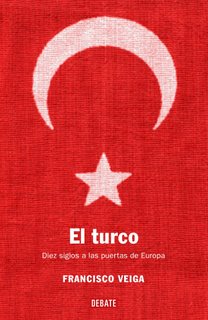

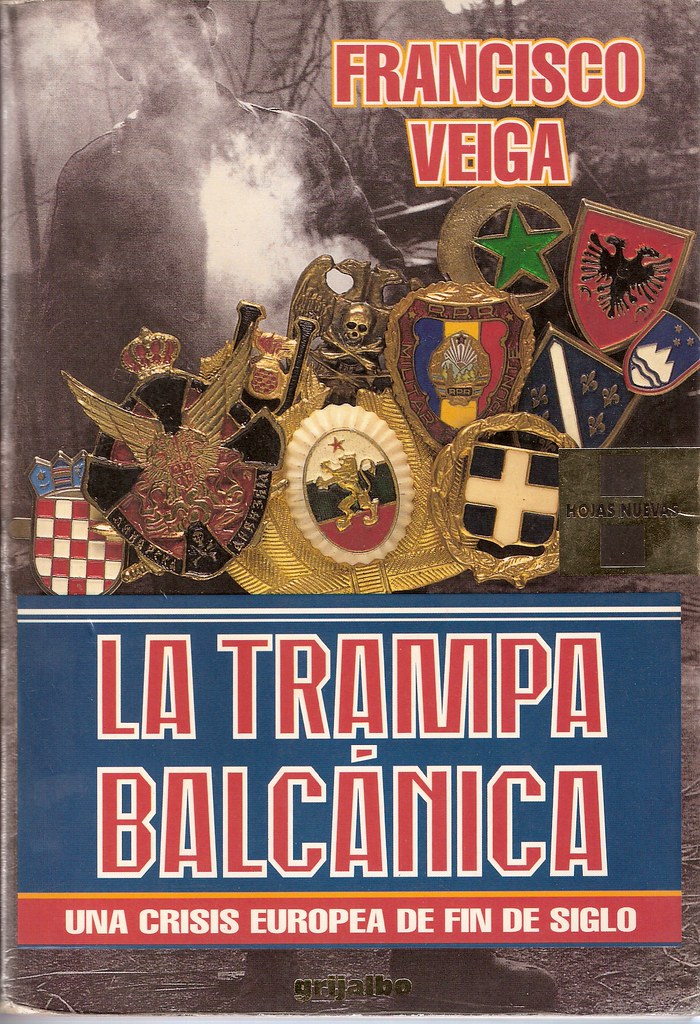
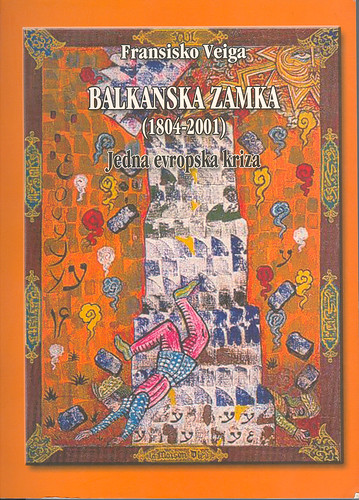
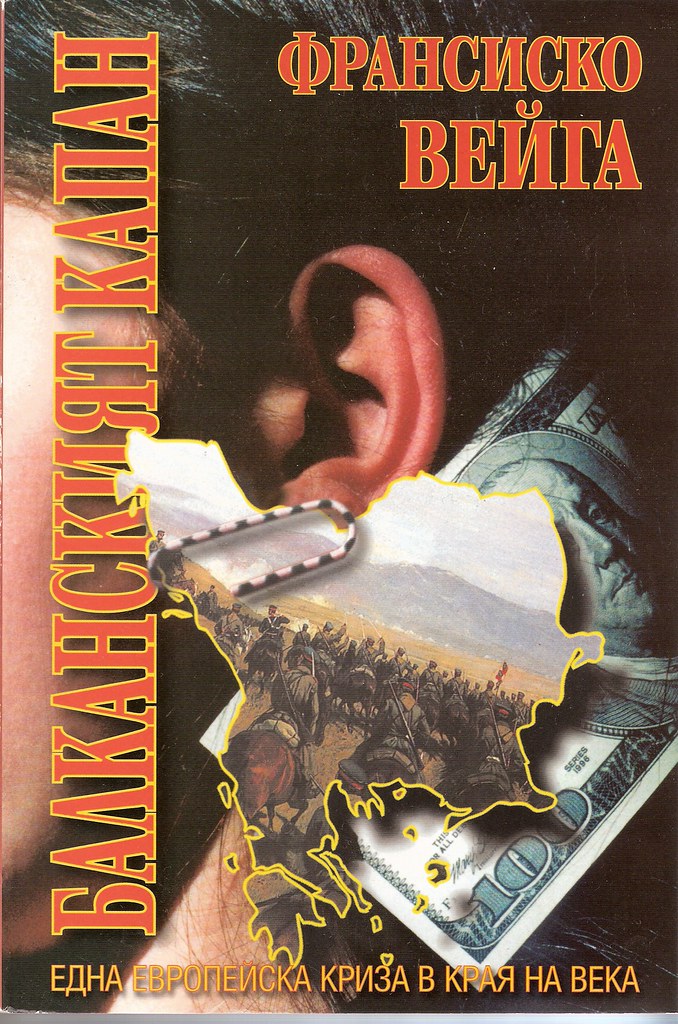
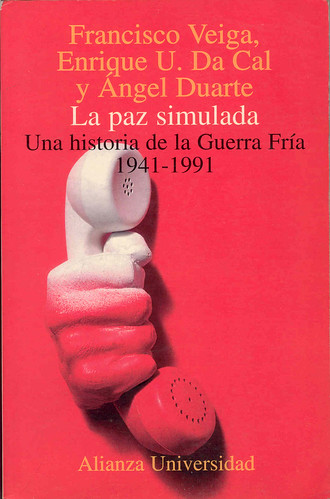
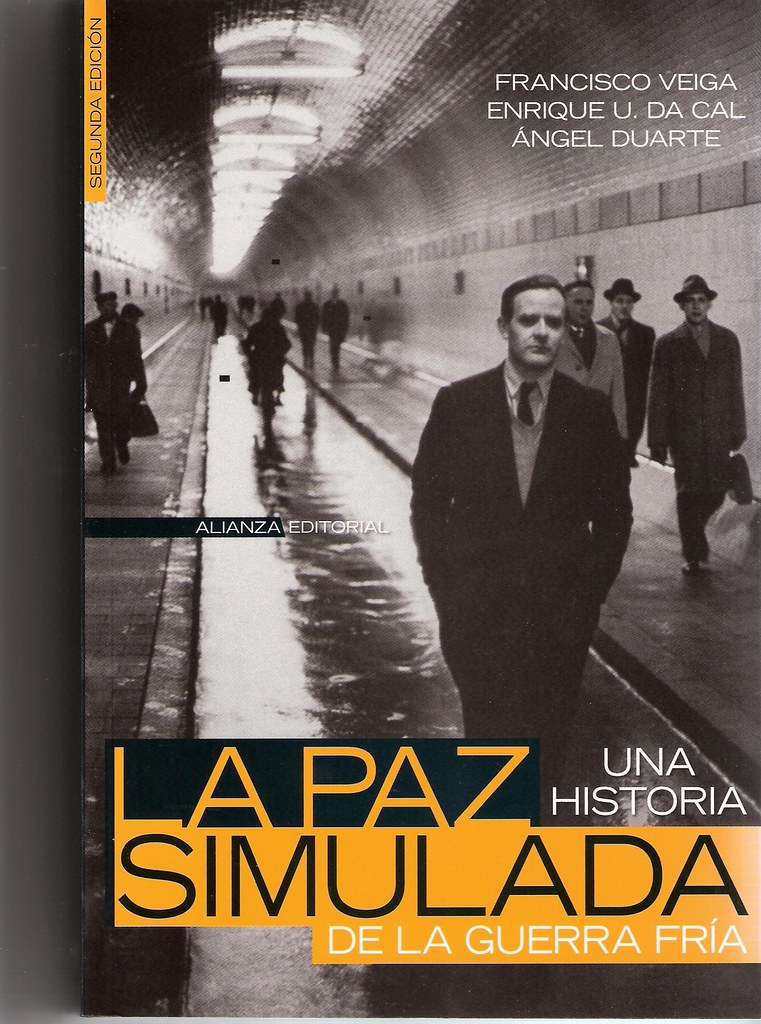
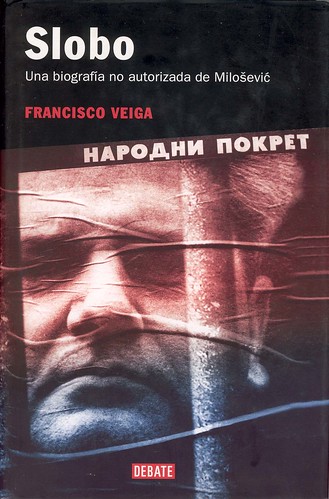
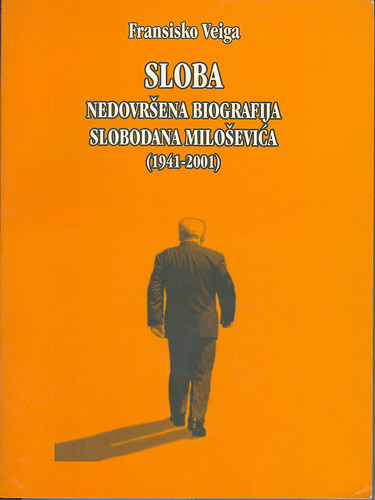
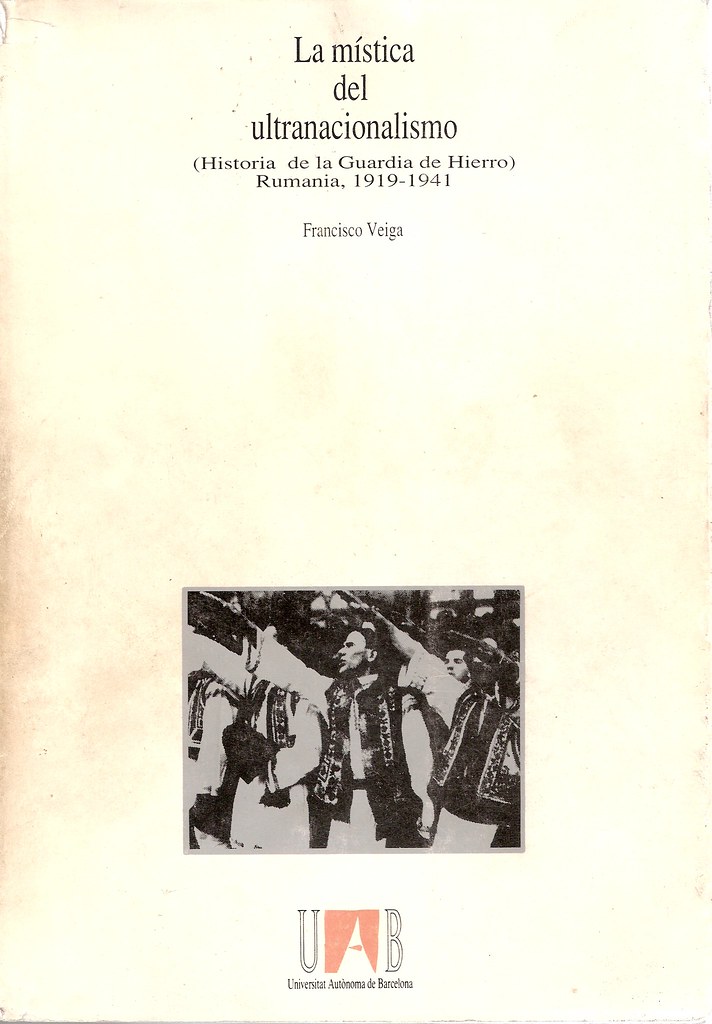
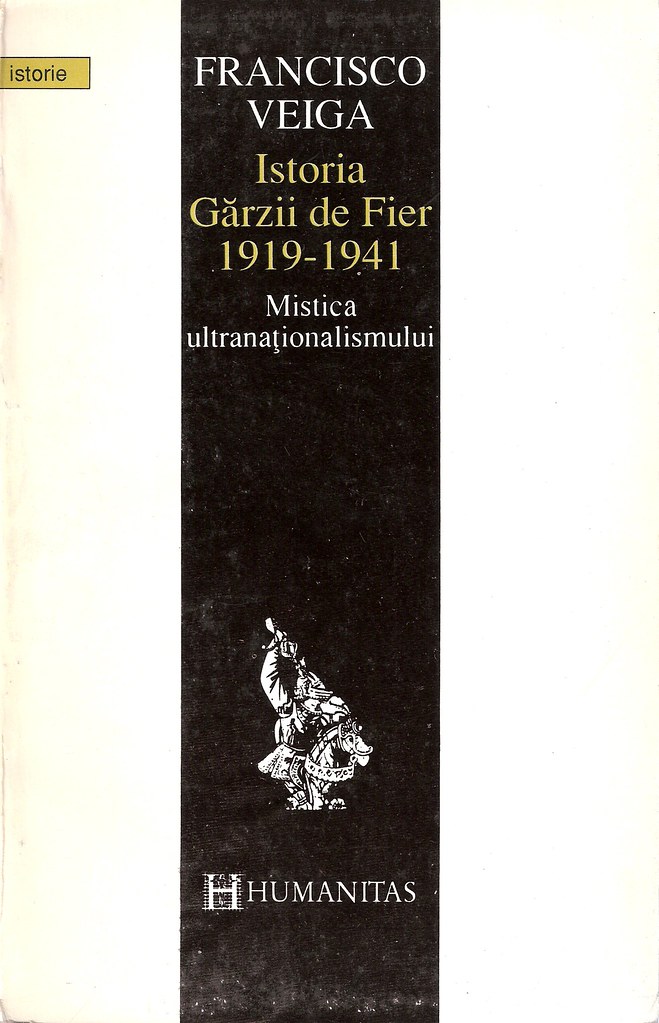

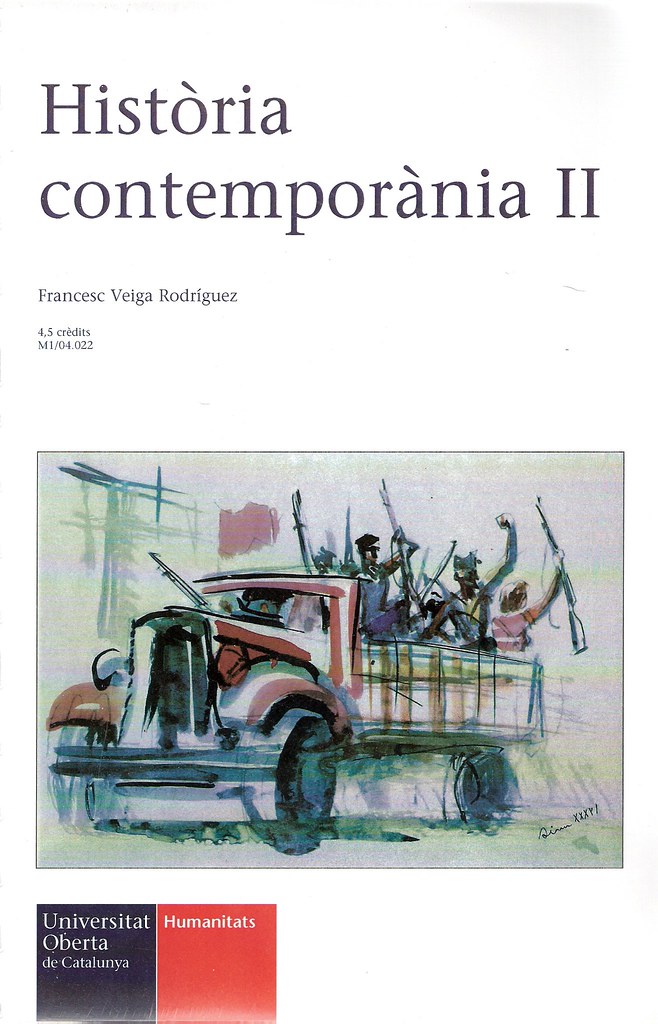
<< Home